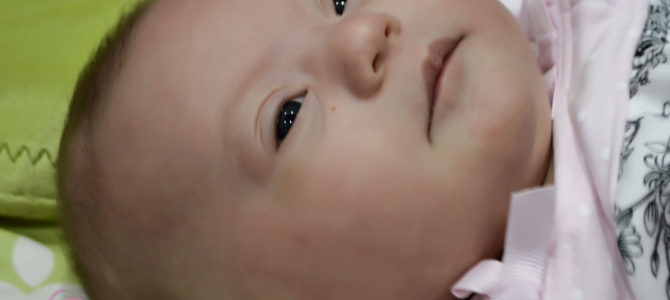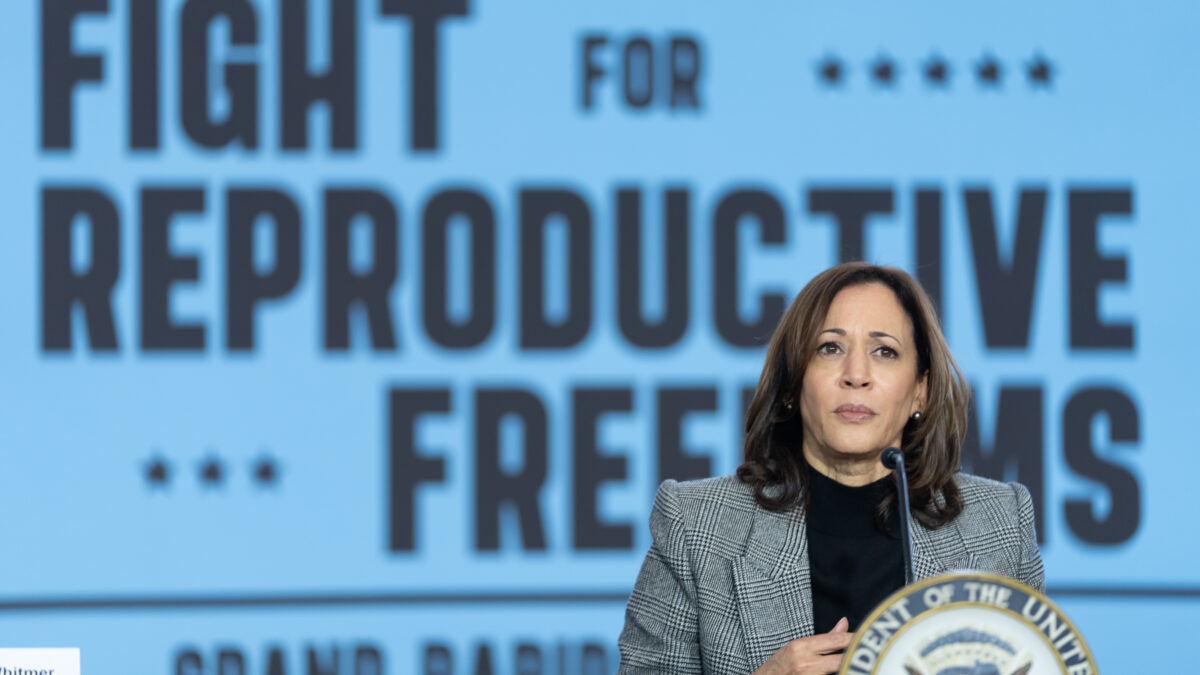
Some time ago conservative pro-lifers came up with a clever mental exercise to pose to liberal pro-choicers: “Suppose one day scientists discover how to identify a ‘gay gene’ in unborn babies, and parents start aborting gay babies en masse to avoid having a homosexual child. What will you think of abortion then?”
It appealed to the presumed decency of the pro-abortion movement, but was flawed in assuming the pro-abortion movement, as a political entity, seems to have any decency. I know it is frowned upon, and for good reason, to presume the worst motives about your political opponents, and to extrapolate a person’s total moral fiber by this or that single political issue. It is worth pointing out, after all, that pro-choicers, for their one obvious glaring fault, are often if not usually perfectly good, decent, kind people—aside from that one thing.
Just the same: it is something of a horror-movie marvel to witness just how far pro-choicers will go to defend abortion, the levels of depravity to which they will sink, the depths of moral turpitude to which they will descend in order to stick up for “a woman’s right to choose.” It is almost Lovecraftian in its horribleness: it shambles out of the depths of some stinking moral cellar or dank subterranean cave of ethics, emerging as a kind of monster that is, like the fabled Yog-Sothoth, “stupendous in its malign suggestiveness.”
It’s Okay to Kill People Who Require Something of You
At Slate, Christina Cauterucci offers a defense of aborting babies with Down syndrome, a practice which, in Iceland, has resulted in a vanishing fraction of Down babies coming to term every year. “Social attitudes toward abortion and toward the disability itself certainly play a role in differing rates of Down-related terminations,” Cauterucci writes, which is a polite way of saying that nobody wants to bother with the hassle of raising physically and mentally disabled individuals and would rather kill them instead.
“[Disability advocates] contend that a society that encourages women to terminate fetuses with Down syndrome is one that ascribes less value to a child with Down syndrome,” she says. This is a surprising contention to pawn off on “advocates”; even the most virulent and uncompromising abortion supporter, after all, will have to admit that the astronomically high rates of Down abortion in Iceland undoubtedly point to that society’s ascribing “less value” to those babies, either in a relative or an absolute sense. There is no real debating this.
Cauterucci is, like many abortion advocates, not quite brave enough to either condemn or defend the practice of killing Down babies because of their disability, so she resorts to a coward’s maneuver, arguing in favor of “women’s rights to choose their own future for their families and bodies.” This is a comforting route to take, chiefly because it allows one to defend a disability-based genocide while washing one’s hands of the inevitable bloodbath.
If it’s only a matter of “choice,” after all, then the issue becomes decentralized, the moral culpability so radically diffused as to be not worth mentioning. It becomes a pathetic kind of wash: “There is no inherent moral good in increasing the number of people with a given genetic condition,” she writes, “just as there is no inherent moral good in eliminating that condition from the population.”
How cheerfully evasive abortion advocates become when their backs are against the wall! In the first instance the writer speaks of “the number of people with a genetic condition,” but when it comes time for “elimination,” the “people” have mysteriously disappeared, leaving only the “condition” itself to be eliminated.
Defending the Indefensible
This is the brutal and miserable bed which abortion advocates have made for themselves: defending the indefensible, in this case the near-wholesale eradication of a subset of the population because of a disability.
Cauterucci is right to point out that, for pro-lifers, the reason ultimately does not matter: murder is murder, whether the baby has Down syndrome or not. Yet the optics of Down-centric abortion are uniquely horrifying, the moral barbarism in many ways harder to stomach.
Down babies are human beings like any of us. Their physical and mental abnormalities, and their consequent vulnerability and added need, tend to stir in us something recognizably noble and commendable: the desire to protect the weakest human beings among us.
Pro-abortionism, which treats unborn children as mere disposable widgets of the mother’s body, cannot abide by such sentiment. So pro-choicers must mount a defense for what, in any other context, would be seen as the basest and most hateful of discriminatory behavior imaginable: death sentence by way of handicap.
Pro-lifers will continue to fight for the life rights of all unborn humans—healthy, disabled, whatever. Pro-choicers will continue to fight for the opposite. We are all familiar with this political battle, and it is not going anywhere anytime soon. But every so often it can still surprise and horrify us, as in this case. In a widely read and respected online magazine, a writer can look upon the countless corpses of disabled human beings killed for the sake of their disability and say, “This is acceptable.”









